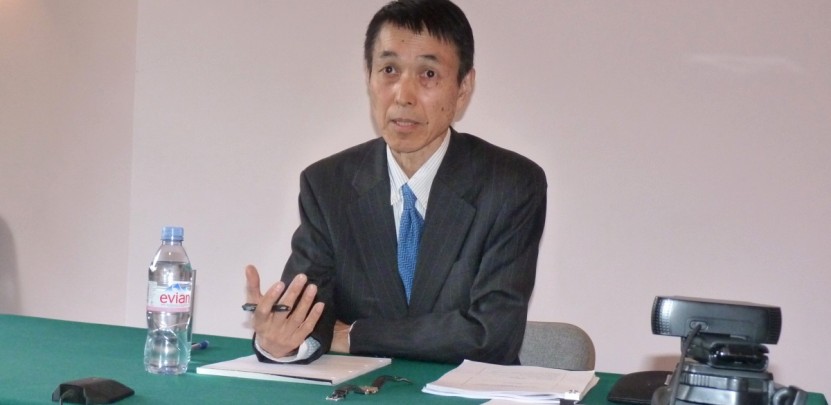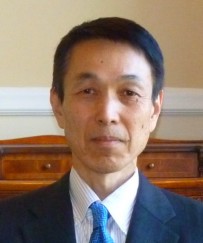 Lecture
LectureTuesday 28 April 2015
6:00pm – 7:00pm
Japan’s Long Economic Stagnation
13/14 Cornwall Terrace, Outer Circle
The Daiwa Anglo-Japanese Foundation 主催
The Japanese economy came out of its latest recession in the last quarter of 2014, but expectations of higher growth have been somewhat dampened. This recession is the sixth that Japan has experienced since 1997, and the past twenty or so years of tepid economic growth have been characterised as Japan’s “Lost Decades”.
The Japanese economy, once envied for its strength, has become a byword for stagnation. While it is easy to criticise the poor handling of the economy, it is not so easy to understand correctly the mechanism of this stagnation, and to learn the right lessons. Professor Kenji Aramaki, after having reviewed what happened to the Japanese economy in recent decades, analysed the mechanisms of stagnation in order to find out what should be (or should have been) done to cope with the problems that the Japanese economy has faced.
コントリビューターについて

Professor Kenji Aramaki
Professor Kenji Aramaki is Professor of International Economics at the University of Tokyo and currently Visiting Professor at the Department of Economics, SOAS. He had a long career at the Japanese Ministry of Finance and also worked for the IMF in the late 1980s. As well as economic stagnation in Japan, his research interests include international financial crises and the function of capital controls. His publications include Asia Tsūka Kiki to IMF (The Asian Currency Crisis and the IMF) (in Japanese, Nihon Keizai Hyoronsha, 1999) and “Capital Account Liberalization: Japan’s Experience and Implications for China” in Capital Account Liberalization in China: The Need for a Balanced Approach, ed. Kevin P. Gallagher (Boston University, 2014).